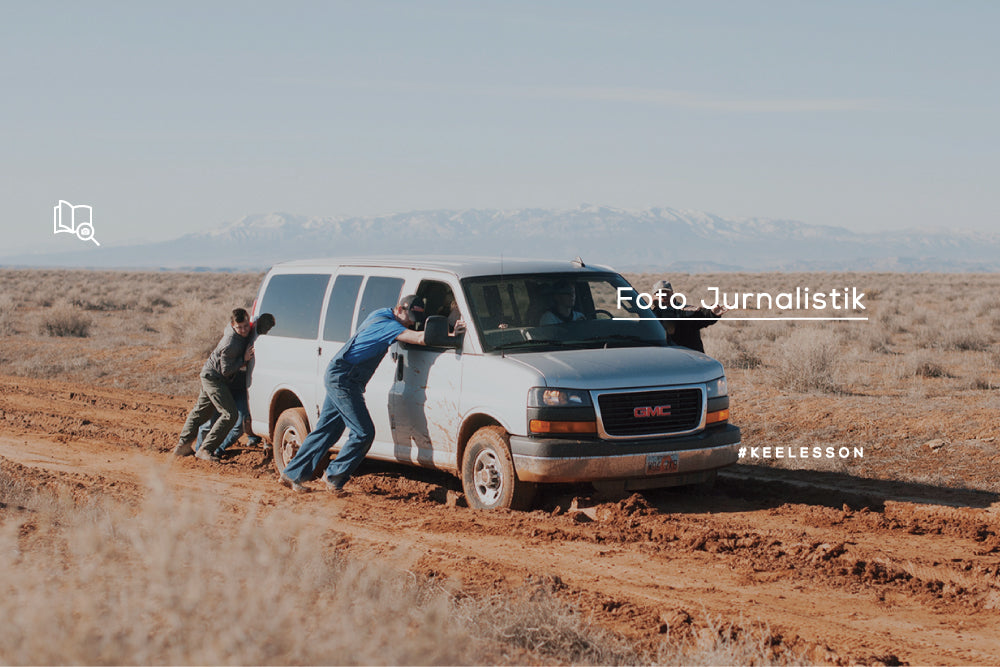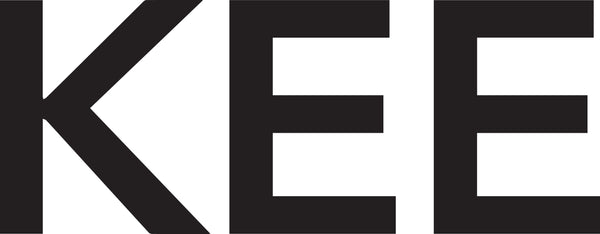
Photojournalism
Share
Photojournalism is information or photographs of various events that are conveyed to the public in a short time. Usually this photo is accompanied by writing that explains the image and the message you want to convey.

In the world of journalism , the EDFAT (Entire, Details, Frame, Angle and Time) method is known for making good photos. A journalist usually has sharp instincts when reading a situation so he can anticipate unexpected events.
Not necessarily all photos are included in photojournalism. The photo must meet the 5W1H requirements. What is what event happened. Who, who is the object of the incident. Why, why did this incident happen? When, when did the event occur. Where, where did it happen? and How, how the event occurred and how it was resolved.
Photojournalism is divided into several categories:
1. Spot news
Photos that happen suddenly without prior planning, for example photos of natural disasters, riots, murders, accidents.
2. General news
Photos that have been planned beforehand, for example the world cup, MPR sessions, exhibition openings, building inaugurations.
3. Browse in the news
Photos of humans in the spotlight. Usually, priority is given to the figure of the person, for example funny, fierce, or a victim of an accident or act of terror.
4. Daily life
Photos that depict human activities are more human interest. For example, the struggle of a father offering his sales, or a small child going around offering his wares.
5. Arts & culture
Photos that capture cultural arts , for example puppet shows and music concerts.

6. Science & technology
Photos that talk about developments in science and technology , for example the process of reproduction in plants, human organs, surgical processes.
7. Portraiture
A photo that depicts a person's face in close up or medium shot. Usually photos are taken because there is a uniqueness and distinctive characteristic of that person's face.
8. Sports
Photos related to sports activities. For example, photos of swimming championships, bicycle races.

